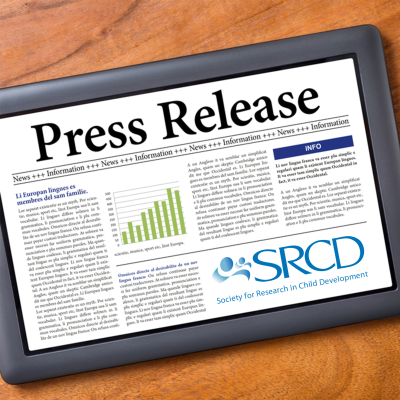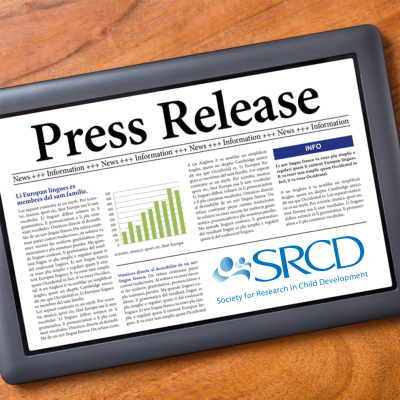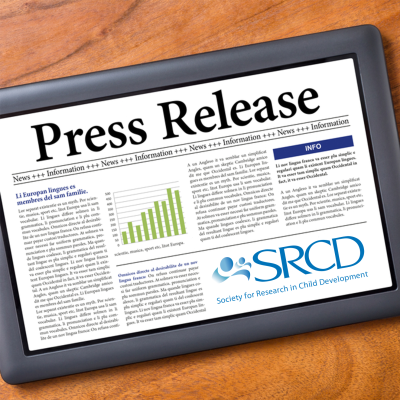Children in Head Start Who Miss More Preschool Show Fewer Academic Gains
PRESS RELEASE / CHILD DEVELOPMENT: Embargoed for Release on May 16, 2017
A new study has found that children in Head Start who miss 10% or more of the school year have fewer gains in academics than their peers who attend preschool more regularly. Many researchers see high-quality preschool programs as a way to reduce long-term disparities in education. Placing an emphasis on attendance in preschool programs may be important to maximizing benefits.
The study, from researchers at the University of Virginia and The Ohio State University, appears in the journal Child Development.
“Preschool absences may undermine the benefits of high-quality preschool education,” explains Arya Ansari, postdoctoral research associate at the University of Virginia, the study’s lead author. Ansari cautioned that while the findings of the study are not causal, they highlight the scope and consequences of preschool absences. “Given the large investments in early childhood programs, we need to consider the ramifications of more frequent absences for children’s early learning, especially in programs such as Head Start, the largest federally funded preschool program in the United States.”
Little is known about absences in preschool, in part because, unlike in K-12 schooling, attendance is not mandated by law for preschoolers and programs like Head Start do not always track it. In this study, researchers looked at nationally representative data from the Family and Child Experiences Survey 2009 Cohort, which included 2,842 children ages 3 and 4 years who attended Head Start in all 50 U.S. states and the District of Columbia. Most children in the study were from ethnic-minority households (e.g., Latino, Black, Asian), and most came from single-parent families and had a mother who was not employed. Most families had incomes at or below the federal poverty level.
At the end of the school year, parents reported on their children’s school absences, and direct assessments provided information on children’s academic performance in language, literacy, and math.
On average, children missed eight days of the school year. In addition, 12% of children were chronically absent—defined as missing 10% of the school year or more—and missed an average of 22 days of school. Children who missed more days of school, especially those who were chronically absent, demonstrated fewer gains in math and literacy during the preschool year, the study found. Moreover, excessive absenteeism was especially problematic for the early academic learning of children who entered Head Start with a less developed skill set, meaning that they started school with the lowest language and literacy skills. The study also found that minority children were less likely to be absent than White children. In addition, children were less likely to be absent when they were enrolled in classrooms that operated for more hours per week, and in larger and bilingual classrooms. The quality of interactions between teachers and children facilitated children’s development of literacy skills, but the benefits were roughly twice as large for children who were absent less often.
The findings of this study have implications for both practice and policy, the authors suggest. “Preschool teachers and administrators, as well as researchers and policymakers, should make efforts to reduce preschool absences,” says Kelly M. Purtell, assistant professor of human sciences at The Ohio State University, who coauthored the study. “One way to do this is to discuss the challenges to attendance that parents face and work with them to reduce these barriers.” Early childhood educators may also want to develop ways to ensure that parents understand the importance of preschool to their children’s learning, and see it as education as well as care.
The authors recommend that researchers pay closer attention to the implications of these absences in evaluating the quality and effects of preschool programs.
The study was supported by the Eunice Kennedy Shriver National Institute of Child Health and Human Development and the Institute of Education Sciences, U.S. Department of Education.
###
Summarized from Child Development, Absenteeism in Head Start and Children’s Academic Learning by Ansari, A (University of Virginia), and Purtell, KM (The Ohio State University). Copyright 2017 The Society for Research in Child Development, Inc. All rights reserved.


